MSc Applied Multilingualism

学历文凭
Masters Degree (Taught)

专业院系
College of Medicine, Nursing and Health Sciences

开学时间

课程时长

课程学费

国际学生入学条件
Applicants will be expected to possess a good quality first degree at NFQ Level 8 (at least an upper second class honours degree) or an equivalent qualification from Arts programmes (e.g., languages, education, psychology, sociology and political science, geography) or from medical, nursing, and health care programmes (e.g., speech and language therapists, occupational therapists, public health nurses). Applicants intending to take modules in Advanced Language Skills will have to possess language proficiency that is equivalent to B2 level according to the Common European Framework of Reference for Languages.
IDP—雅思考试联合主办方

雅思考试总分
6.5
- 雅思总分:6.5
- 托福网考总分:88
- 托福笔试总分:160
- 其他语言考试:Pearson PTE Academic - 61 overall.
CRICOS代码:
申请截止日期: 请与IDP联系 以获取详细信息。
课程简介
相关申请
 预科
预科 奖学金
奖学金 实习机会
实习机会 在校学习
在校学习 跨境学习
跨境学习 校园授课-线上开始
校园授课-线上开始 在线/远程学习
在线/远程学习
开学时间&学费
学费信息仅供参考,请与IDP联系以获取详细信息
| 开学时间 | 时长 | 学费 | 地点 |
|---|
学校排名

世界排名301
数据源:
泰晤士高等教育世界大学排名
关于爱尔兰国立高威大学

爱尔兰国立高威大学创建于1845年,建校之初只有68名学生,在漫长的历史中建立了良好的声誉。如今,该校有1.8万多名学生就读,跻身全球大学300强之列(QS世界大学排名)。爱尔兰国立高威大学虽然地处全球较小的大学城之一,但因出色的研究和优质的课程而远近闻名。爱尔兰国立高威大学开设有60多种不同的本科课程,还开设有广泛的研究生课程和非全日制夜校课程供学生选择。该校下设五个学院,开设有各种课程,其中很多课程涉及全球研究项目。爱尔兰国立高威大学热忱欢迎国际学生到该校学习。该校按国家/地区介绍具体的资格要求,简化申请流程,让所有申请者都能清楚地了解需要符合什么条件才能申请。学生在爱尔兰学习期间,该校国际办公室为学生提供支持,帮助他们融入大学生活。高威是一座迷人的城市,坐落在爱尔兰西部美丽的海岸线上,到处都是独立经营的商店和咖啡馆。传统与现代的便利相结合,即使最现代化的咖啡馆或小酒馆也有着引人入胜的历史。2020年,高威被著名的《孤独星球》(Lonely Planet)评为全球五佳城市之一,除此之外,高威还经常被一些重要刊物(包括《旅游+休闲》杂志和《康泰纳仕旅行者》杂志)评为最友好的城市之一。这是一个极好的求学之地,热情欢迎来自世界各地的人们。
本校相关课程

通用英语(标准)
学历文凭
English Language
开学日期
课程费用总额

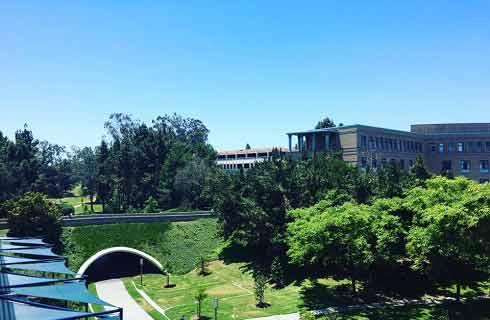
通用英语(精读)
学历文凭
English Language
开学日期
课程费用总额

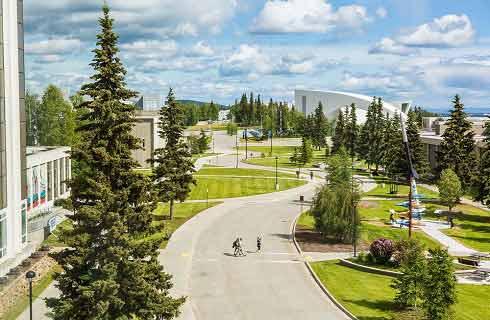
硕士预科英语语言衔接
学历文凭
English Language
开学日期
课程费用总额


10周雅思课程
学历文凭
English Language
开学日期
课程费用总额


应用行为分析哲学博士
学历文凭
Ph.D.
开学日期
课程费用总额

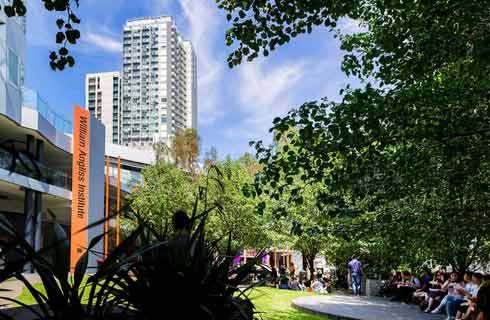
考古哲学博士
学历文凭
Ph.D.
开学日期
课程费用总额

其他相关课程

中学11年级和12年级
 马特·克里斯蒂学院
马特·克里斯蒂学院学历文凭
Secondary School
开学日期
课程费用总额


应用语言学硕士-应用语言学
 昆士兰大学
昆士兰大学泰晤士高等教育世界大学排名:80
学历文凭
Masters Degree (Coursework)
开学日期
课程费用总额

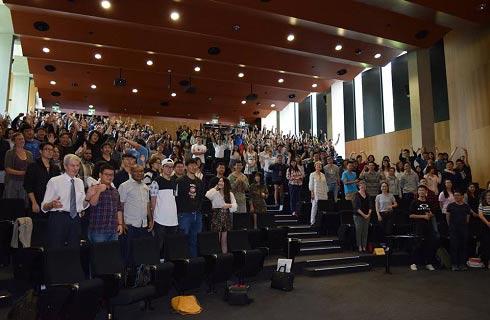
国际研究学士-中文
 昆士兰大学
昆士兰大学泰晤士高等教育世界大学排名:80
学历文凭
Bachelor Degree
开学日期
课程费用总额


脑与精神科学研究生文凭
 悉尼大学
悉尼大学泰晤士高等教育世界大学排名:54
学历文凭
Graduate Diploma
开学日期
课程费用总额

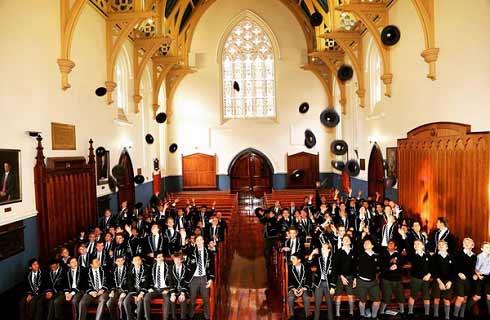
脑与精神科学研究生证书
 悉尼大学
悉尼大学泰晤士高等教育世界大学排名:54
学历文凭
Graduate Certificate
开学日期
课程费用总额


脑与精神科学硕士
 悉尼大学
悉尼大学泰晤士高等教育世界大学排名:54
学历文凭
Masters Degree (Coursework)
开学日期
课程费用总额










 爱尔兰
爱尔兰